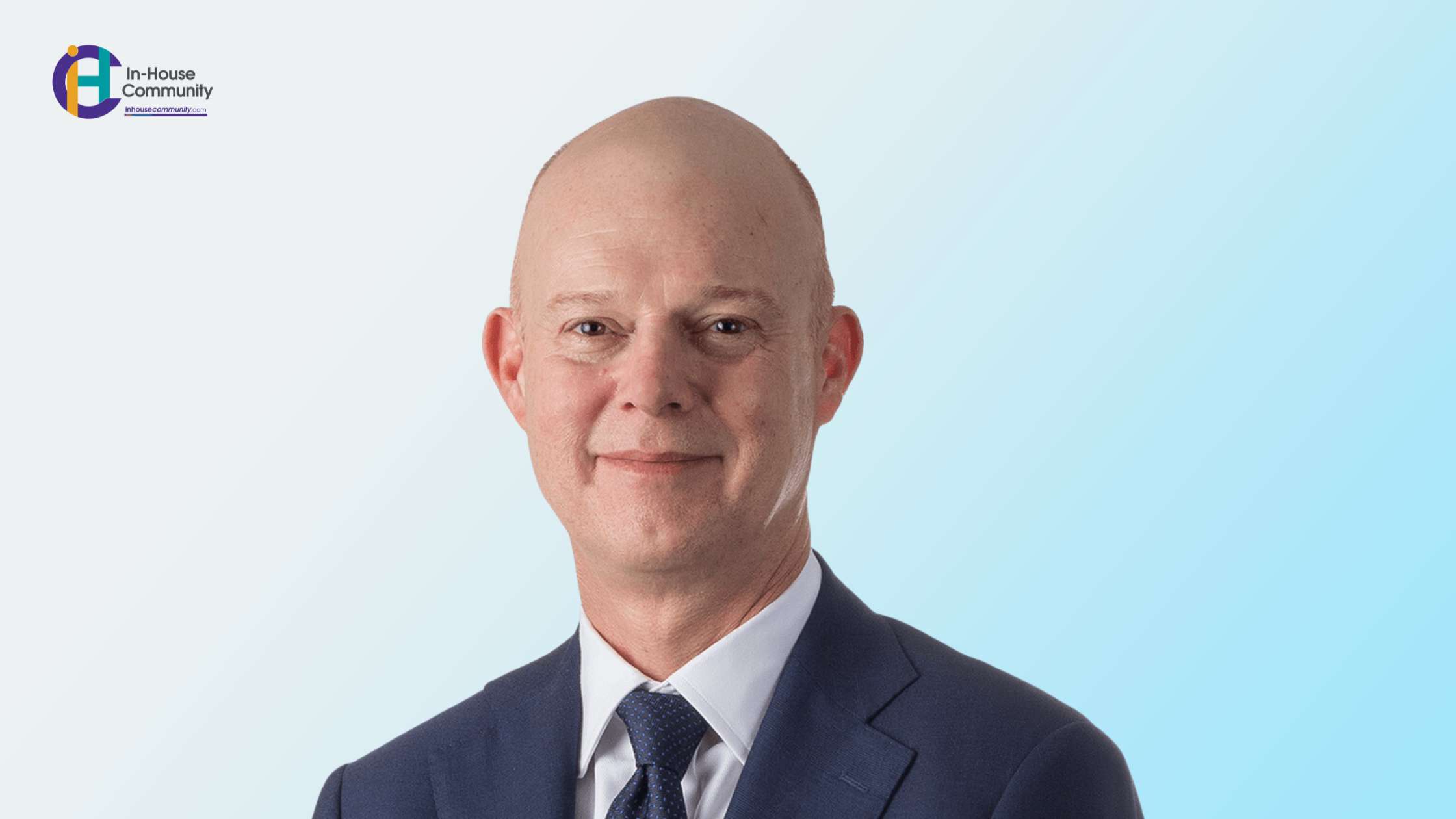August 9, 2024
Join Paul Haswell, a partner at K&L Gates in Hong Kong, as he explores the transformative impact of technology on the legal profession in his new column for IHC Magazine. Paul offers insights into the challenges and opportunities for in-house and external counsel, providing thought-provoking perspectives on the future of law in the digital age. In his first article, he asks "Who's afraid of AI?" July 31, 2024
The interactive edition of the July 2024 issue of the IHC Magazine (In-House Community Magazine) is now live. You can read it below or also download a copy on your device by clicking here. This issue focuses on critical and evolving areas of Sanctions, Anti-Money Laundering (AML), and Corruption, which are increasingly important in today’s challenging global business environment. As regulatory landscapes become more complex and enforcement more stringent, understanding these issues is essential for in-house legal professionals as well as external counsel. Gain critical insights into Vietnam’s new Anti-Money Laundering Law (Russin & Vecchi). The article provides practical guidance on navigating the complexities of the new legislation, essential for advising clients and protecting their interests in Vietnam’s evolving regulatory landscape. Lawyers from Morrison Foerster look at the 2023 Corruption Perceptions Index, which highlights stagnation in the global fight against corruption, with Asia Pacific showing limited progress. The article helps to understand the latest trends in corruption perceptions and enforcement across Asia Pacific, assess the impact of legal and regulatory changes on compliance obligations, and prepare clients for potential risks. Khaitan & Co‘s lawyers analyse Press Note 3 (2020 Series) and its impact on foreign direct investment in India. This article examines the requirement for prior approval for investments from entities in land-bordering countries, particularly affecting Chinese investments, and offers insights into navigating the changing legal landscape amid geopolitical tensions. Elsewhere in the issue, lawyers from Pisut & Partners discuss key concerns on trademark registration: through the Madrid system in Thailand. The article expands on insights from the Thai Trademark Office, focusing on the process and challenges associated with... April 10, 2024
Following the global roll out last year of its own private and secured AI tool ‘Clifford Chance Assist’, Clifford Chance expands its use of AI technologies with the deployment of Copilot for Microsoft 365 and Viva Suite for its employees globally, making the firm one of the first organisations globally to deploy both AI technologies at scale across its entire workforce. These solutions use artificial intelligence and natural language processing to enhance productivity and employee experience by automating a variety of daily tasks, such as meeting and task management, drafting emails, inbox management and access to continuous learning and insights with Viva Insights and Viva Learning. Use of these solutions, including Copilot for Microsoft 365, are within a global, Principles and Policy framework that enables responsible AI adoption, and ensure that client consent is sought, where appropriate, when these solutions are deployed for client work outside the firm’s own business operations. The firm’s AI Principles and Policy framework align with international best practices, grounded in fairness, transparency, accountability, and privacy. Any legal output generated at Clifford Chance by an AI system is identified as such and validated by a qualified lawyer in that jurisdiction. “Harnessing digital innovation to enhance our business operations and continuously improve client delivery has always been at the heart of our successful growth strategy. We are now excited to be one of the first organisations to be rolling out Copilot for Microsoft 365 and Viva Suite globally at scale as part of our suite of AI-powered workplace solutions. This will empower our workforce to automate routine tasks enabling greater productivity, faster turnaround and increased client... May 24, 2023
Q&A with Peter Godwin: On leading an auspicious career, being open to opportunities and embracing diversity You Have Led An Illustrious Career, Spanning Many Decades And Countries Across Asia. Can You Tell Us A Little About This Journey In The Legal Industry And Where You Are Now? My career in law started as a consequence of a teacher at school, knowing that maths was my real strength, suggesting that if I was thinking of a career in Accountancy (I was), I should do something else at University. His suggestion was law. That is what I did and, partly because I enjoyed the intellectual stimulation of law and partly no doubt because my friends on the course were doing so, I found myself applying for a training contract and so stepped onto the legal conveyor belt. After 6 years practising in London, I decided it was time for a change so I headed to Hong Kong (where I had spent six months as a trainee). The plan was to do 2-3 years there and then head home. However, best laid plans…. My stint in Hong Kong happened to coincide with a period of Asia expansion for the firm, with us opening offices in Jakarta and Bangkok. Then, just as I was thinking of returning home, the firm opened in Tokyo and I was asked to transfer as a then Senior Associate to establish our disputes practice. At the time I had never been to Japan, even for a holiday, so I went to see the place and made the mistake of taking my then 3 year old son to Disney... May 9, 2023
Opportunities and Challenges Ahead As technology continues to advance, the legal industry remains no exception to its effects. Law firms are now turning to artificial intelligence (AI) to assist with tasks such as contract drafting, legal research, and even predicting case outcomes. While the use of AI in the legal field is still relatively new, it has already shown promising results in increasing efficiency and reducing costs. However, as with any new technology, there are also concerns about the potential risks and drawbacks. Interestingly, this introductory paragraph (along with its cautious acknowledgement of AI risks) was not written by me at all, but by ChatGPT – itself an AI chatbot tool developed by OpenAI and launched in late 2022. Its release, together with other natural language processing models like Google Bard and Bing AI, have dominated headlines by making generative AI widely accessible with exciting opportunities for application in fields such as law. The use of AI in the legal profession is, of course, not new. For instance, it is reported that Shearman & Sterling have used a wide variety of AI tools, including Kira for due diligence, while White & Case is reported to use tools such as Brainspace and Relativity to assist with document review for discovery. However, this new wave of innovative AI platforms represents a potentially steep upgrade on previous tools with widescale adoption predicted. Indeed, hot on the heels of the ChatGPT release came Allen & Overy’s announcement in February 2023 of its global integration of “Harvey” – an AI platform founded by a team of former lawyers, entrepreneurs and engineers and built on... Upcoming Events
Recent Past Events














